Ha Seong-nan’s Bluebeard’s First Wife
Ha is invested not in the myth itself but in what it helps us see. In her hands, the fairy-tale works as a photo filter, bringing into clearer relief her actual subject: the horrors of daily contemporary life.
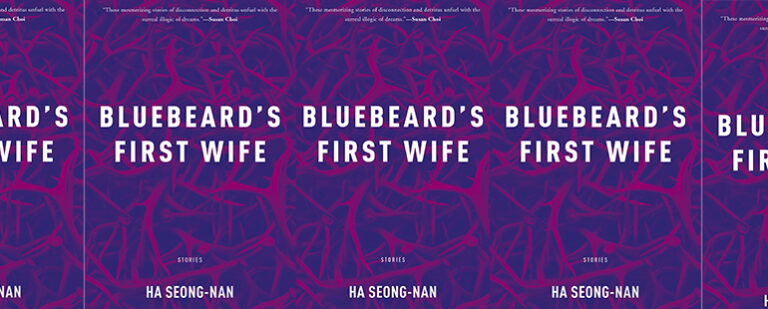
Ha is invested not in the myth itself but in what it helps us see. In her hands, the fairy-tale works as a photo filter, bringing into clearer relief her actual subject: the horrors of daily contemporary life.
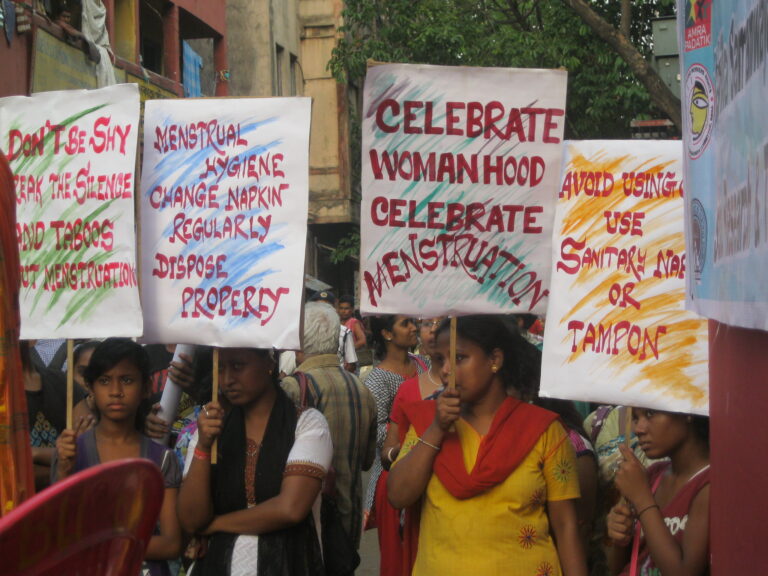
Fiction illustrating menstruation clearly emphasizes the shame, myths and confusion surrounding it. But perhaps more, it illuminates, in a way that is uncommon for literature, the fear felt by the menstruating woman about her body, as well as a societal fear that the menstruating woman is a threat.
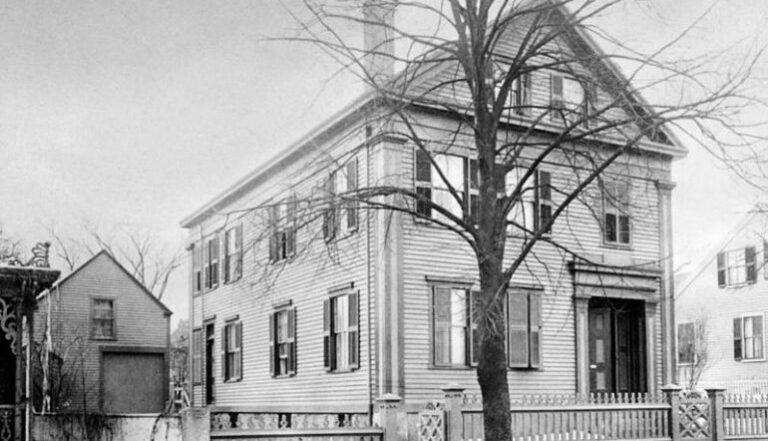
In 1892, Andrew and Abby Borden were murdered in their home in Fall River, Massachusetts. The prime suspect was Andrew’s daughter Lizzie. The murders have since been mythologized in a heady mix of rumor and conjecture; poisoned milk and madness-inducing menstrual cycles are but two of the incongruous details.
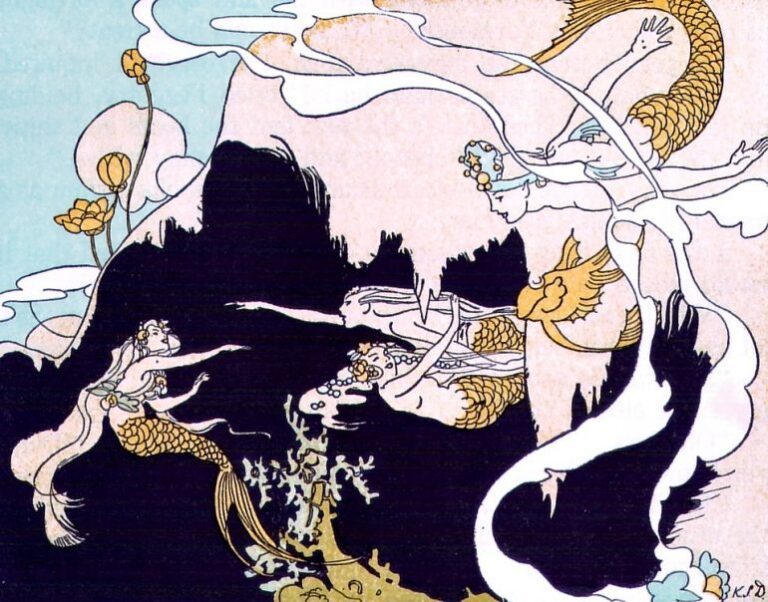
A few weeks ago, I found myself in a public state of lust. My object of desire? There before me, in a display fit for a museum, was a cloth-bound sketchbook of Ireland with “78 pages of watercolors by ‘Miss Collis,’ circa 1890.” I loved it. I wanted it.
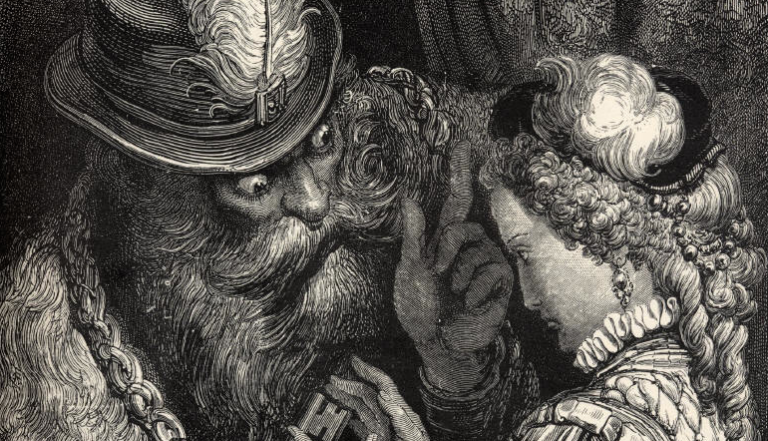
When stories transport me, they usually do it inside a character’s body, and the farther afield the story is taking me, the more important the physical details of the characters’ experiences become.
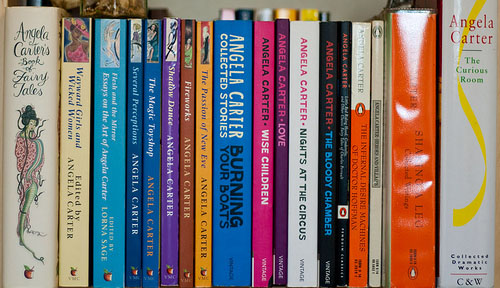
If you’re looking for some reading to get you in the spirit of Halloween, and your tastes run more to the strange and literary rather than the usual horror fare, you’d be hard pressed to do better than Angela Carter’s short stories.

Today, my first book launches. It’s kind of a wonderful word, launch: such propulsive force in its sound. Such muscular, fearless leaping. To mark the occasion, I thought I’d take a look at launchings of various kinds in literature. Not gradual beginnings, not slow evolutions into different forms, but sudden catapults into the new.
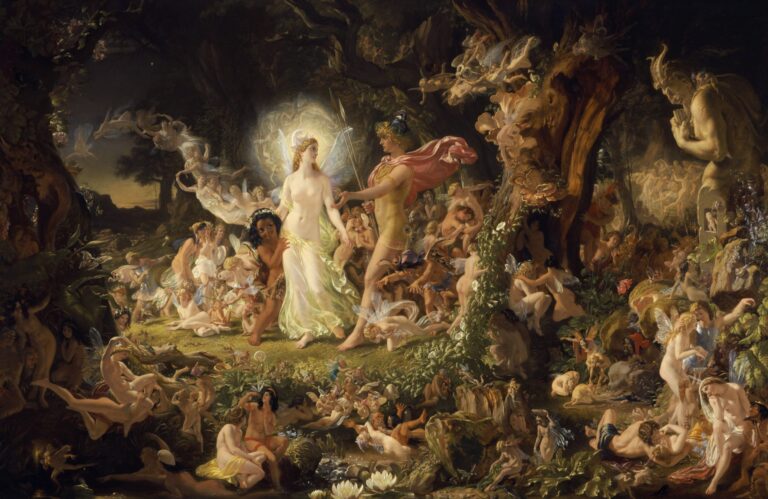
Magic in literature causes problems. It has always bugged me, just a little, that at the end of all the sublime comic mix-ups and supernatural complications in A Midsummer Night’s Dream, we’re left with an imbalance in our two happy couples: one pair has been reunited by the reversal of the fairies’ love potion, and…
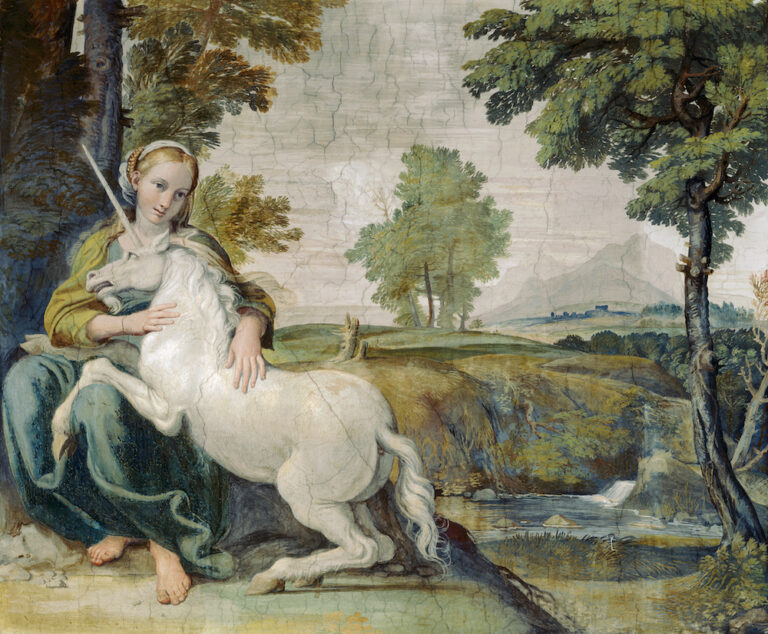
“Q. What have unicorns and virgins got in common A. They are both fabulous beasts.” In the new collection of Angela Carter’s mostly forgotten, but viscerally affecting poetry, Carter perverts mythological symbols in order to subvert the mythology of femininity. Just as Simone De Beauvoir lamented that “one is not born, but becomes, a woman,” Carter’s…
No products in the cart.